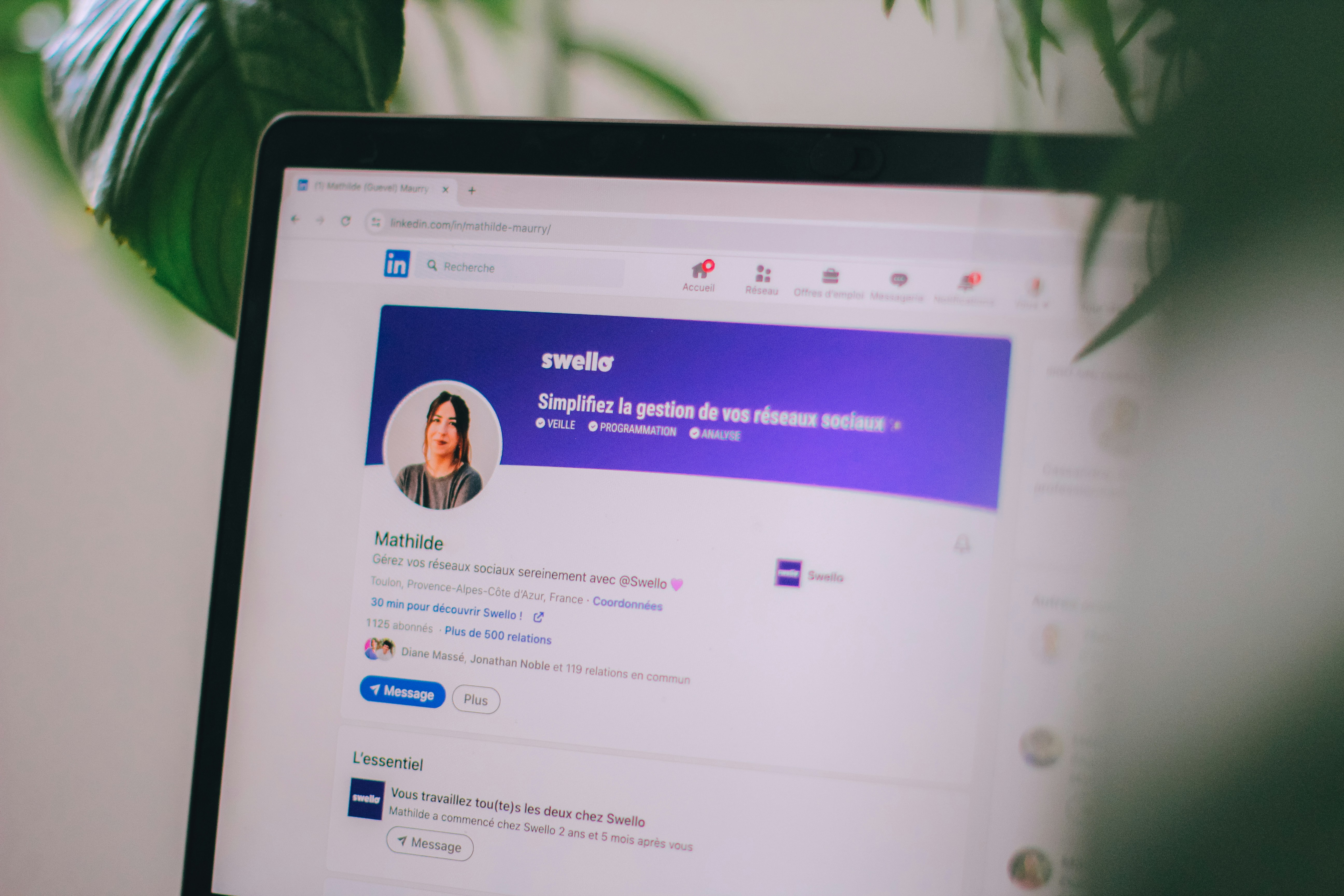HR professionals and recruiters face an unprecedented challenge: processing vast amounts of candidate data while maintaining the human touch that great hiring requires. Enter LinkedIn's latest innovation, the Hiring Assistant, an AI-powered recruitment tool that's set to transform how we approach talent acquisition. As reported by TechCrunch, this is LinkedIn's first true "AI agent," representing a significant leap forward in recruitment automation and efficiency.
The Evolution of Recruitment Technology
The recruitment industry has undergone dramatic changes since LinkedIn first established itself as the premier professional networking platform. What began as a simple digital rolodex has evolved into a sophisticated ecosystem powering modern talent acquisition. Through its Talent Solutions division, which recently celebrated a remarkable $7 billion revenue milestone, LinkedIn has consistently pushed the boundaries of what's possible in recruitment technology.
The partnership between Microsoft (LinkedIn's parent company) and OpenAI has accelerated this evolution, bringing cutting-edge artificial intelligence capabilities to the recruitment process. This collaboration has laid the groundwork for tools that don't just assist recruiters but actively augment their capabilities.
Understanding LinkedIn's Hiring Assistant
LinkedIn's Hiring Assistant represents the convergence of massive data resources and sophisticated AI technology. Built on a foundation of data from over 1 billion users, 68 million companies, and 41,000 documented skills, this AI agent brings unprecedented scale and precision to recruitment operations.
Early adopters, including industry leaders like AMD, Canva, Siemens, and Zurich Insurance, have already begun integrating this technology into their recruitment workflows. According to Hari Srinivasan, LinkedIn's VP of Product, "It's designed to take on a recruiter's most repetitive tasks so they can spend more time on the most impactful part of their jobs."
Key Features and Capabilities:
Automated job description generation from minimal input
Intelligent candidate sourcing based on skills rather than traditional metrics
Seamless integration with existing applicant tracking systems
Advanced candidate matching algorithms
Automated communication workflows
Core Benefits for Recruiters
Fast Company reports that LinkedIn's AI-driven approach is specifically designed to improve the matching process between recruiters and top candidates. The Hiring Assistant transforms traditional recruitment processes by automating time-consuming tasks while enhancing the quality of candidate matches.
Time Optimization
Rather than spending hours crafting job descriptions or scrolling through countless profiles, recruiters can now focus on strategic tasks like building relationships with top candidates and making final hiring decisions. The AI assistant handles the heavy lifting of initial candidate screening and documentation.
Enhanced Candidate Matching
Unlike traditional keyword-based searching, the Hiring Assistant uses sophisticated algorithms to match candidates based on skills and potential, not just experience. This approach helps identify qualified candidates who might be overlooked by conventional screening methods.
Streamlined Workflow Integration
The platform seamlessly integrates with existing applicant tracking systems, creating a unified workflow that reduces administrative overhead and improves process efficiency.
Advanced Features and Applications
The integration of OpenAI's GPT large language model enables sophisticated features that go beyond basic automation:
Intelligent Communication
The system can draft personalized candidate communications, maintaining a professional tone while ensuring consistency in messaging across all interactions.
Dynamic Job Description Generation
Recruiters can input brief notes or reference existing job postings, and the AI assistant will generate comprehensive, optimized job descriptions that attract qualified candidates.
Interview Management
Upcoming features will include automated interview scheduling and follow-up management, further streamlining the recruitment process.
Real-World Implementation Guide
To maximize the benefits of LinkedIn's Hiring Assistant, organizations should follow these implementation steps:
Audit Current Processes
Identify time-consuming tasks that can be automated
Document existing workflows
Set clear objectives for AI implementation
Team Training
Ensure all recruiters understand the platform's capabilities
Establish best practices for AI-assisted recruitment
Create guidelines for human oversight and intervention
Integration Strategy
Connect with existing applicant tracking systems
Establish data flow protocols
Set up performance monitoring metrics
Future Implications for HR and Recruitment
According to Josh Bersin's analysis, LinkedIn's entry into the AI agent race marks a significant milestone in the evolution of recruitment technology. As Erran Berger, VP of Engineering at LinkedIn, notes, "This is all bleeding edge, from the experience and how our users are going to interact with it, to the technology that backs it."
Evolving Role of Recruiters
The automation of routine tasks will allow recruiters to focus more on strategic initiatives and relationship building. Rather than replacing human recruiters, AI tools like Hiring Assistant enhance their capabilities and effectiveness.
Data-Driven Decision Making
Access to sophisticated AI analysis tools will enable more informed hiring decisions based on objective data rather than subjective impressions.
Improved Candidate Experience
Automated yet personalized communications and streamlined processes will create a better experience for candidates, leading to stronger employer branding and higher acceptance rates.
Further Reading and Resources
Official Resources
Industry Research and Insights
7.Conclusion
LinkedIn's Hiring Assistant represents a significant leap forward in recruitment technology, combining the power of artificial intelligence with the world's largest professional network. For recruiters and HR managers looking to stay competitive in an increasingly digital landscape, embracing this technology isn't just an option – it's becoming a necessity.
The platform's ability to automate routine tasks while enhancing the quality of candidate matches positions it as a vital tool for modern recruitment professionals. As the system continues to evolve and new features are added, early adopters will find themselves at a significant advantage in the war for talent.




